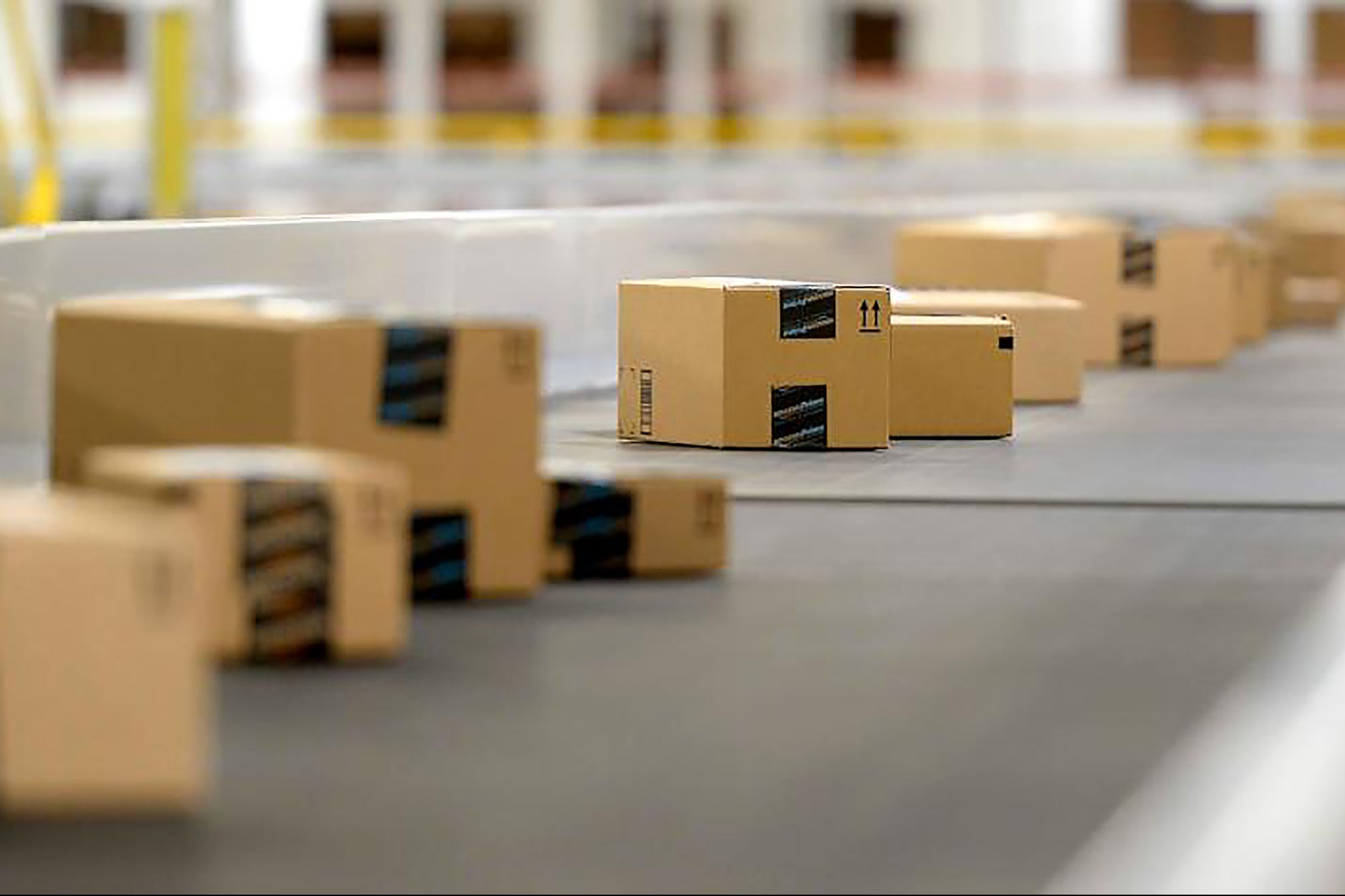Report: Amazon Wants to Turn Closed Department Stores Into Fulfillment Centers

Amazon is in talks to turn closed J.C. Penney and Sears shops into distribution hubs.
August 10, 2020 2 min read
This story originally appeared on PC Mag
Amazon wants to turn closed department stores into fulfillment centers, according to The Wall Street Journal. The retail giant is reportedly in talks with US mall owner Simon Property Group Inc. to transform former J.C. Penney and Sears shops into distribution hubs, storing everything from books to clothes to electronics.
Details are scant; it’s unclear how many locations are under consideration, or whether the deal will even come to fruition. But, as the Journal pointed out, flipping big box stores fits with Amazon’s goal to speed up last-mile deliveries. After all, most of these showrooms are only a short commute from scores of customer homes. Neither Amazon nor Simon immediately responded to PCMag’s request for comment. The property group currently owns 63 JCP and 11 Sears stores, based on its May public filing, as published by WSJ.
Suburban shopping havens, malls flourished in the US—springing up at a rate of 140 per year through the mid-1990s. The turn of the century, however, sounded the death knell for these once-popular marketplaces, now considered a dying industry. Case in point: Sears went from mail-order catalog company to largest US retailer in less than a century. But the chain store fell from grace in the ’90s, and by 2018 had filed for Chapter 11 bankruptcy. Only a handful of locations remain open today. Suburban shopping haven J.C. Penney followed suit, temporarily closing all retail outlets during this year’s COVID-19 pandemic; it officially filed for bankruptcy protection and permanently shuttered more than 240 showrooms in May.
It’s no surprise that Amazon, with its shop-from-home convenience, eventually outpaced brick-and-mortar stores. Or that the owners of those firms, likely driven out of business by Bezos & Co., would want a piece of the digital action. But, as WSJ noted, for Simon to ink a deal with Amazon “would signal a break from a longtime business model for malls”: reliance on multi-level department stores to attract traffic to neighboring shops and restaurants.
While the company has teamed up with several U.S. malls to store van fleets in their parking lots, Amazon warehouses—used to stow products ahead of delivery to local customers—offer little incentive for customers. The best they can do to support the mall is provide some employees who may grab lunch at the food court.
https://www.entrepreneur.com/article/354502